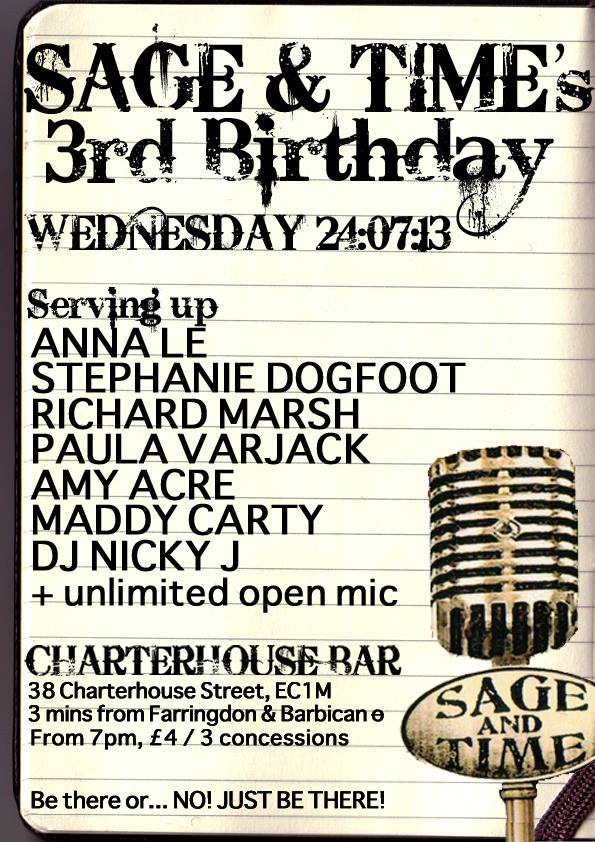‘There are no Americans in Baghdad’s Bird Market’ by Dikra Ridha
-Reviewed by Alex Campbell-
It’s always hard, as a Westerner, reviewing a collection of poetry centred around the war in Iraq, without coming off as condescending. You are the American being invited into Baghdad’s bird market, and asked to comment, despite the fact that you are, perhaps, intruding. It’s tempting under such circumstances to just give an unequivocally good review – who are you to judge the distant suffering of others? You can’t get away from the fact that these aren’t just poems; the events they describe are real and have happened, somewhere, to someone. You don’t ever want to pass comment on the events instead of the poetry. You always run the risk, as an outsider, of not understanding.
But Dikra Ridha’s collection, There are no Americans in Baghdad’s Bird Market, makes it very easy to understand. It’s a very personal collection, picking out individuals from the mass of destruction and focusing right down to the painful sensations of ‘[becoming] an insect in your own home’ (‘Ordinary Evening’), or the nuts and bolts methods of coping, the ‘two thousand and three hundred [shoe shines… to] buy a can of baby milk on the black market’ (‘Voices from Nadia’s House’). The reader is drawn right in, so close it’s almost painful.
The poem ‘One Hour of Light’ is especially enlightening, juxtaposing a privileged middle-class experience of Earth Hour – an eco-friendly gesture, switching the lights off for one hour in the evening – with the real hardship of someone who only has one hour with the power on, per day. For someone whose hour ‘Off’ is about ‘peace/ and quiet, [ignoring] the day’s chores and [snuggling]/ with a hot water bottle,’ it is the height of hubris to pretend to understand how it must feel in the other situation. ‘You spend all day in your coat/ waiting for the lights and I turn them off when I want.’ Just that bland statement of fact is enough to drive the message home, without overstating the point.
Ridha’s skill is in laying the situation bare for us, and by giving us a new insight into the impact of war, reminds us that we should never presume to know too much. Her style is beautifully understated, giving the images a quiet potency, and allowing the voice of the poem to come through clearly and eloquently.
The poetry never slips into polemic or diatribe, which it could so easily do. The politics are stripped away, for this collection, and it’s not about the rights and wrongs and the statesman’s rhetoric, but just about families trying to survive the day to day. Even as a Westerner, it’s hard to feel alienated by them, as the political is made so much more distant from the personal. Familial customs and relics, like a pack of cards (‘Jiddu’), and every-day sayings (‘The Enemy Came from Above’) are full of so much more depth and meaning than military orders, or the speeches of politicians.
The opening poem of the collection, ‘The Enemy Came from Above’, is based around one of these sayings, which simplified is ‘Me and my brother against my cousin, me and my cousin against my friend, me and my friend against my neighbour, but all of us unite against the enemy’. I don’t know if the saying is originally Iraqi – it may well be – but I have heard other versions of it before, and it seems to have wormed its way into our language as well. Whether or not the poet intended it, the irony that a saying about conflict could actually be a similarity between the two warring cultures is not lost. Yet the dehumanisation of the unnamed enemy from above, and the bombing shutting off communications is a poignant reminder of how war really can break the bonds between all people, no matter how much they may have in common.
Ridha manages to say so much with so little – despite the subject matter, the poems themselves seem effortless, open and honest. The language is simple, but there isn’t a word out of place. Overall, I feel that the good review is the right one to give; not because I feel guilty, or want to err on the safe side, but because I believe these poems genuinely elicit one.


